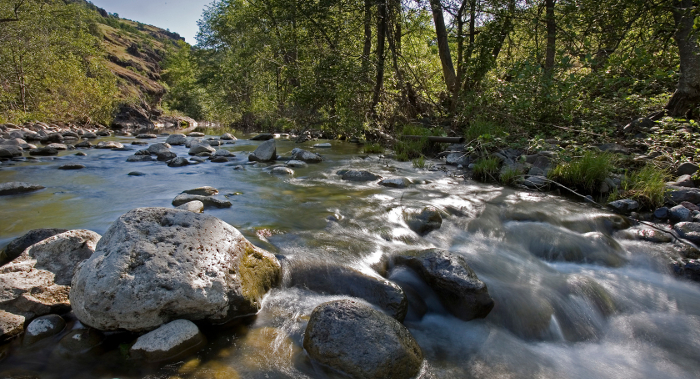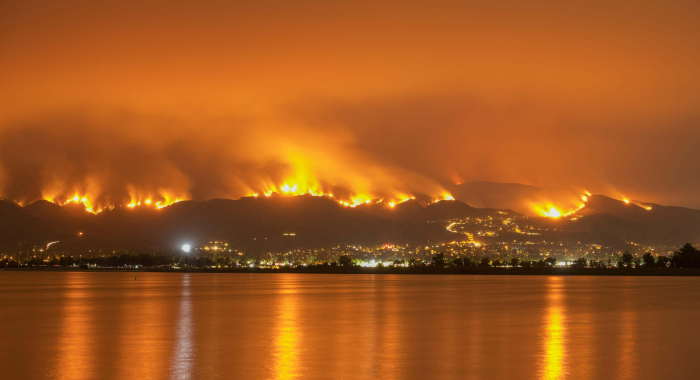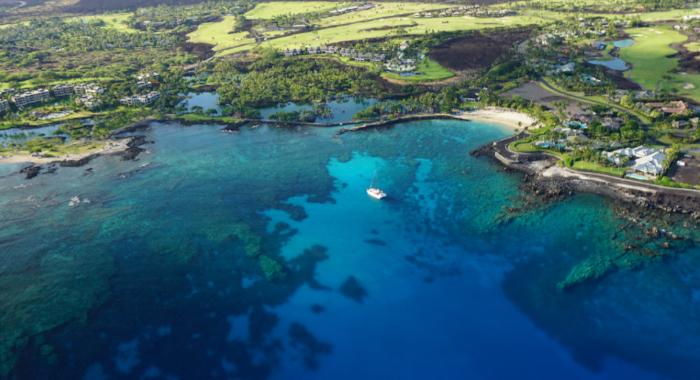The Nature Conservancy’s scientists in California are working to inform, influence, and inspire conservation in today’s human-dominated world, to build a future in which people and nature thrive together.
Welcome to California. From vast desert wildlands to iconic mountains, coasts and ocean, the Golden State is an extraordinarily diverse complex of ecosystems. It is also a social, economic and cultural leader. California provides a tremendous experimental arena for applied scientists developing and testing ideas to increase the pace, scale, and effectiveness of conservation.
Science helps drive the conservation our increasingly crowded world so urgently needs and shows how conservation can advance other societal goals like clean air, clean water, and sustainable livelihoods. Here’s how our scientists in California are contributing to that world.

California is one of the most hydrologically altered landscapes in the world.… >>
The Conservancy’s Conservation Approach – Conservation by Design – is an adaptive process designed to advance systemic change in the world to benefit both people and nature.
Core to that approach is revealing the relevance of nature and its conservation to people, in order to inspire them to transform policy and practice so that biodiversity – and the myriad benefits conservation provides – can be sustained into the future.
By applying conservation science and planning approaches, technology and economic principles, our scientists clarify what nature needs and determine how meeting those needs can align with other societal objectives, like protecting clean air and water, or providing jobs and recreational opportunities.

